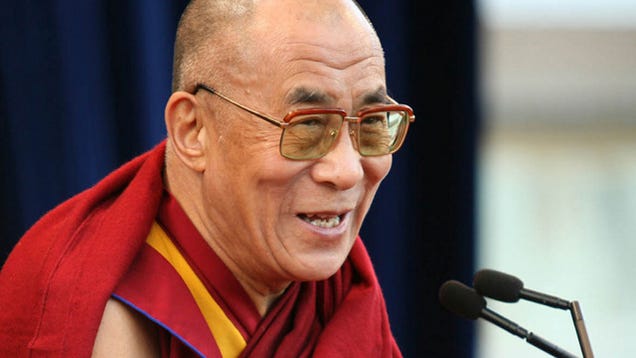This then is that the basis of what I decision "secular
ethic." i'm aware that for a few folks, particularly for a few Christian
and Muslim brothers and sisters, my use of the word "secular" raises
difficulties. To some, the terribly word suggests a firm rejection of, or
perhaps hostility toward, religion. it should appear to them that, in
mistreatment this word, i'm advocating the exclusion of faith from moral
systems, or perhaps from all areas of public life. this can be not the least
bit what I actually have in mind. Instead, my understanding of the word
"secular" comes from the method it's unremarkably employed in Asian
nation.
Modern Asian nation encompasses a laic constitution and
prides itself on being a laic country. In Indian usage, "secular,"
off from implying antagonism toward faith or toward folks of religion, really
implies a profound respect for and tolerance toward all religions. It
conjointly implies AN comprehensive and impartial perspective which has
nonbelievers.
This understanding of the term "secular" to imply
mutual tolerance and respect for all religions moreover as for those of no
faith comes from India's specific historical and cultural background. within
the same method, I suspect, the western understanding of the term comes from
European history. i'm no scholarly person, and positively no knowledgeable on
this subject, however it looks to American state that as science began to
advance quickly in Europe, there was a move toward larger rationality. And this
rationality concerned, among alternative things, a rejection of what came to be
seen because the superstitions of the past.
for several radical thinkers kind
that point to our own day, the adoption of rationality has entailed a rejection
of non secular religion. The revolution, that expressed such a large amount of
of the new concepts of the ecu enlightenment, may be a ideal of this, with its
sturdy anti-religious part.

No comments:
Post a Comment